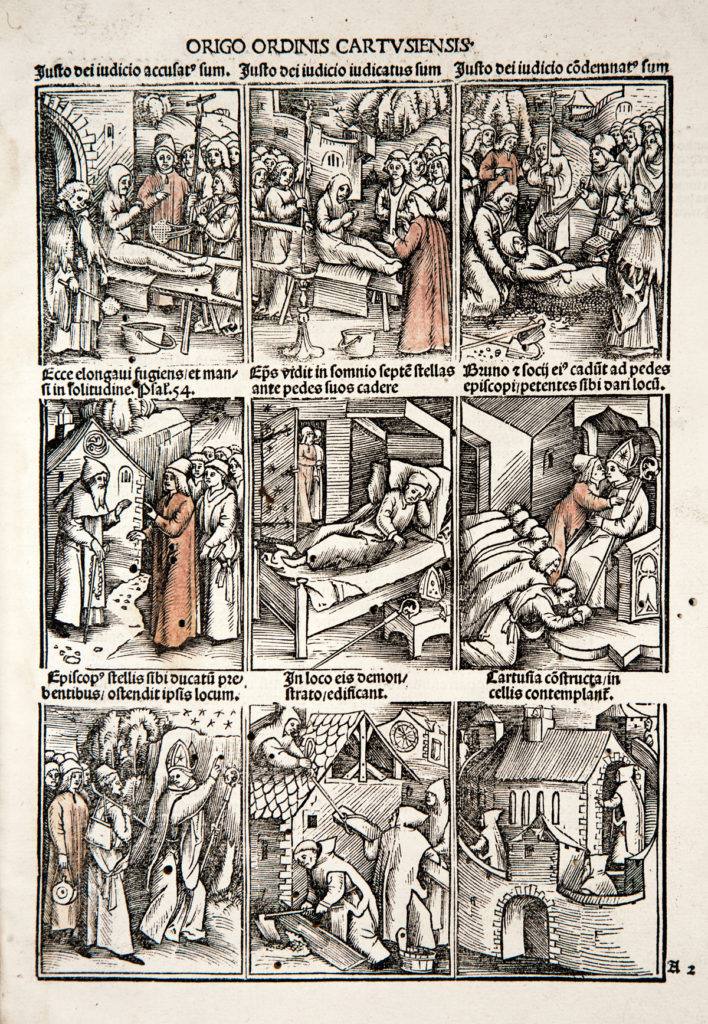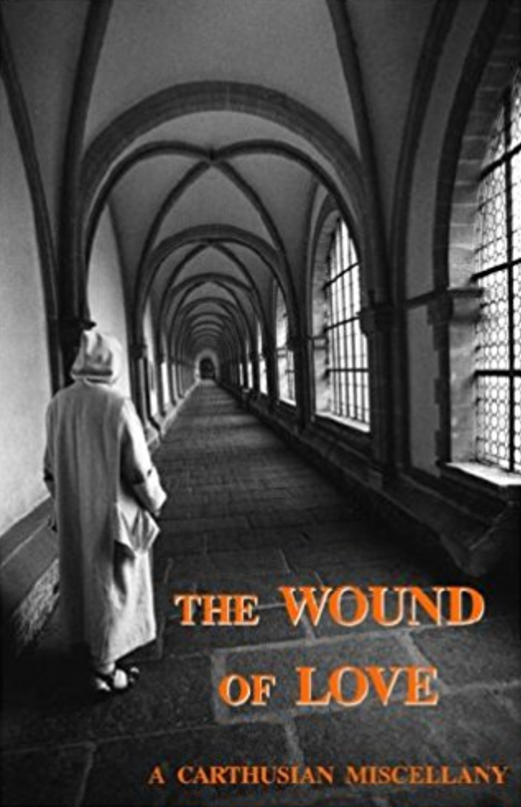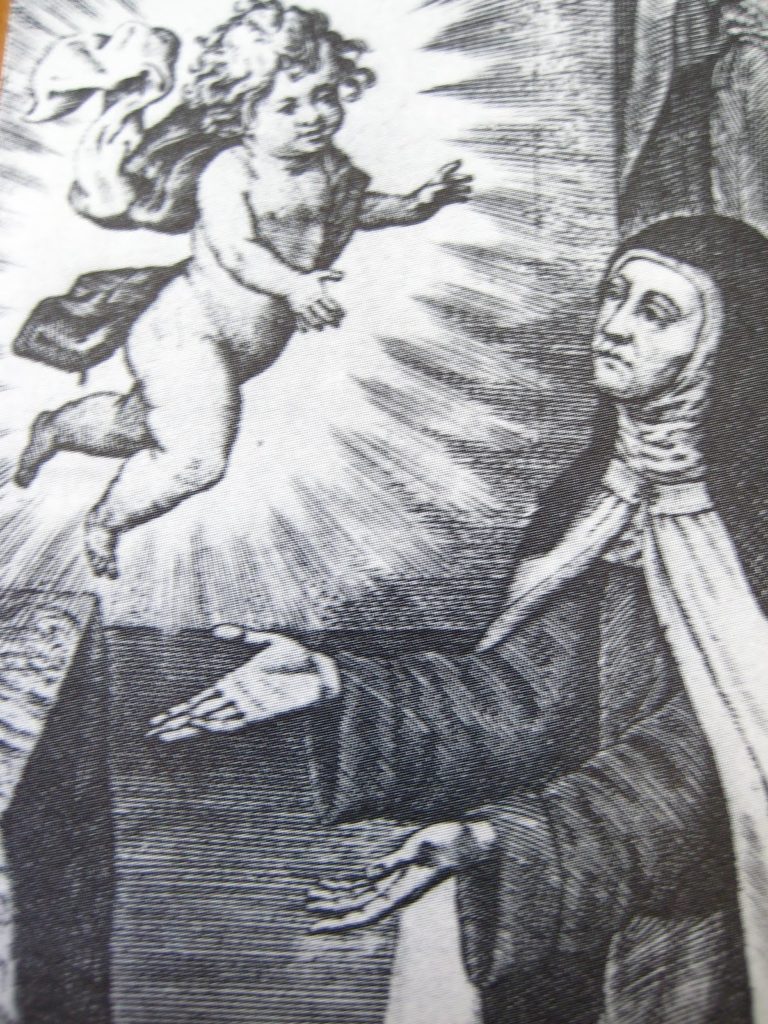I am living in a wilderness in Calabria, sufficiently distant from any center of human population. I am with my religious brethren, some of whom are very learned. They persevere in their holy life, waiting for the return of the master, ready to open the door for him as soon as he knocks. How can I speak adequately about this solitude, its agreeable location, its healthful and temperate climate? It is in a wide, pleasant plain between the mountains, with verdant meadows and pasturelands adorned with flowers. How can I describe the appearance of the gently rolling hills all around, and the secret of the shaded valleys where so many rivers flow, the brooks, and the springs? There are watered gardens and many fruit trees of various kinds.
But why am I giving so much time to these pleasantries? For a wise man there are other attractions, which are still more pleasant and useful, being divine. Nevertheless, scenes like these are often a relaxation and a diversion for fragile spirits wearied by a strict rule and attention to spiritual things. If the bow is stretched. –St Bruno tin a letter o his friend Raoul.
…the Carthusian founder, Bruno of Cologne, resolved in 1084 to flee society in order to establish a solitary and devout monastic order. Inflamed with “divine love” and committed to ‘ ‘capturing the eternal,” Bruno gathered around himself six companions—four monks and two laymen—to help carry out his quest for monastic perfection in the mountainous wilderness. The men solicited the aid of Bishop Hugh of Grenoble, who, coincidentally, had just received a divine vision in which seven stars in the wilderness fell to his feet. Discerning the vision to refer to his new petitioners, Hugh granted the hopeful reformers a plot of uncultivated land in the forested Dauphiné, where they built the Grande Chartreuse, the first Carthusian charterhouse. –Sara Ritchey ‘Holy Matter: Changing Perceptions of the Material World in Late Medieval Christianity’
Sara Ritchey on her book: While scholars have long posited a sudden “discovery of nature” to explain the twelfth-century proliferation of herbal, floral, and arboreal iterations of labor, art, and prayer, my attention to distinctions between medieval, modern, and post-modern uses of the term “nature” showed that the historically shifting contents of this category had obscured our interpretation of medieval devotional practice and of the aims of religious communities. Instead of valuing the abstract concept of nature, the book demonstrates that a range of sources including theological treatises, agricultural projects, architectural plans, and manuscript illustrations reflect that later medieval Christians began to conceptualize the doctrine of the incarnation of their God as a fundamental transformation in the substance of the world’s material so that it might be inclusive of, susceptible to, divinity. A flurry of new devotional practices and forms of religious organization transpired as a result of this emerging doctrine of the world’s re-creation. Holy Matter provides an alternative narrative through which to interpret those new practices and communities; rather than seeing late medieval devotion as inspired by the suffering and passion of an incarnate God, the book demonstrates that we must consider religious change at this time in terms of a desire for presence, access, and divine abundance.
Interesting thoughts, from a scholar and academic, yet in the last sentence, the words ‘rather than’ would illuminate better if they were substituted with ‘within’.

Urs Graf woodcut depicting the founding of the Carthusians.





Recent Comments